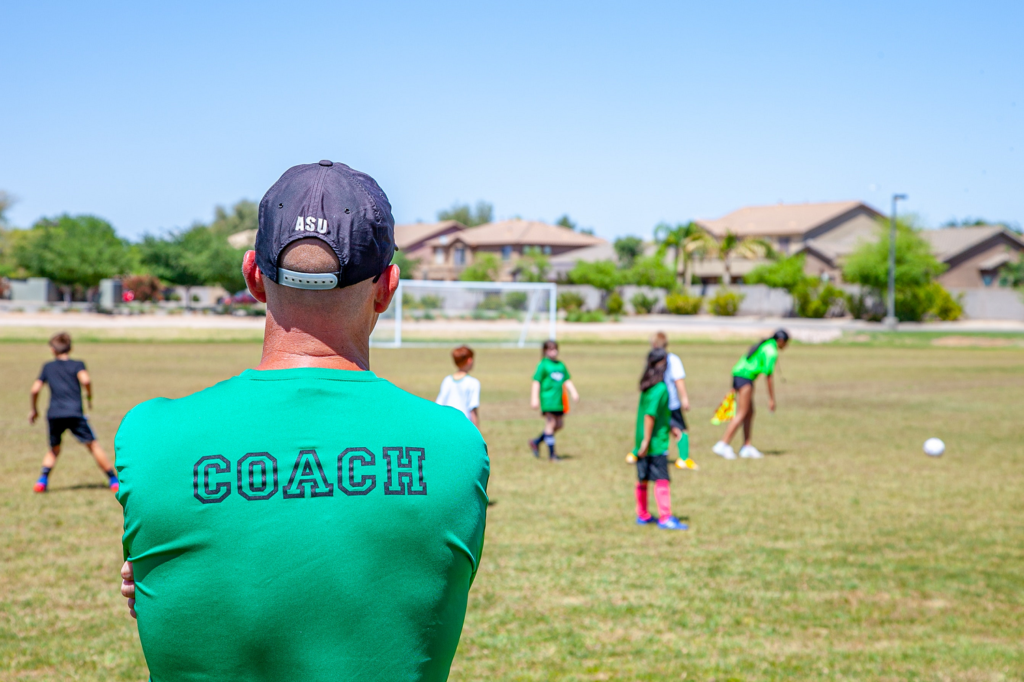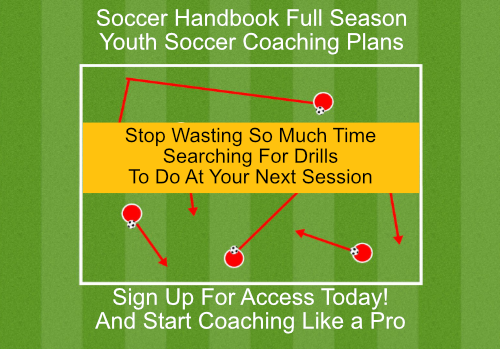To be a successful youth soccer coach, it is critical to keep parents happy. One way to ensure this is good communication with your soccer parents.
Effective communication can help build trust, reduce conflicts, and ensure everyone is on the same page.
In this article, we will talk about how to manage communication between parents and coaches. We will also show how structured training plans can make things easier.
Set Clear Expectations
Before the season begins, hold a parent meeting to discuss your coaching philosophy, team goals, and expectations. The meeting is an opportunity to:
- Introduce yourself and your coaching staff
- Outline your coaching style and approach
- Discuss team rules and codes of conduct
- Set clear expectations for player development and playing time
- Encourage open communication and address any concerns
Establish a Parent Coach Communication Plan and Embrace Technology
Create a communication plan outlining how you will keep soccer parents informed throughout the season. This can include:
- Regular email updates on team news, schedules, and results
- A soccer team website or social media group for sharing information and updates. Some examples: heja.io or Teamsnap.com
- Scheduled parent-coach meetings or progress reports
- A clear process for addressing concerns or issues

Be Approachable and Transparent
As a coach, it’s essential to be approachable and transparent in your communication with parents. This means:
- Being available to answer questions and address concerns
- Providing honest and constructive feedback on soccer player performance
- Keeping parents informed about team decisions and changes
- Being open to feedback and suggestions from parents
Use Training Plans to Simplify Interactions
Soccer training should be fun and engaging for kids. By using a clear coaching and training plan for the season with complete training sessions, you can lower your stress. This approach also helps limit questions and makes communication with parents easier.
A comprehensive coaching plan and other coaching tools will have the following effects:
- Limit questions about team strategy and player development.
- Offer a clear pathway for how the season will progress
- Show parents that you have a plan and you will be adding value to their child’s soccer education
- Let you focus on soccer coaching and development rather than spending time addressing parent concerns
Additional Coach Communication Tips
- Lead by example: Demonstrate positive communication skills and encourage parents to do the same.
- Stay organized: Keep accurate records of team changes, schedules, and results so parents are well-informed.
- Follow up: Respond promptly to parent concerns and follow up on any issues that arise.
- Be respectful: Treat parents with respect and professionalism, even in difficult situations, and they will do the same.
- Ask for help: The parents want their children to succeed. Don’t be afraid to reach out to parents and get them involved.
Conclusion:
Youth soccer coaches have many roles to play. One of the best ways to make your life as a coach easier is to communicate clearly with your parents.
Be sure to have a clear plan for how you communicate with your parents. Introduce yourself to set clear expectations, leverage a structured training plan, embrace technology, be respectful, and stay on top of your communications.






